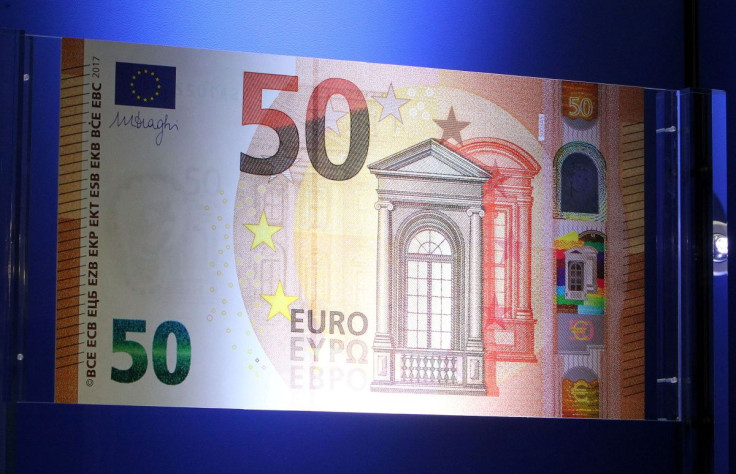Dollar Edges Higher On Safe-haven Bid, Euro Drops

The dollar edged higher on Thursday as a lack of progress in peace talks between Russia and Ukraine boosted demand for the safe-haven currency and as the energy shock that has resulted from the war weighed on Europe's economy.
Hopes from earlier this week that peace talks would lead to a ceasefire in Ukraine five weeks after Russia's invasion have dwindled, with Ukrainian forces preparing for new Russian attacks in the southeast of the country. Peace talks were set to resume on Friday.
"This has caused a risk-off reaction that has dragged down stock markets and hit the risk-sensitive commodity currencies," said Marshall Gittler, Head of Investment Research at BDSwiss Holding Ltd.
The dollar index, which weighs the greenback against a basket of six global peers, was up 0.445% at 98.264 at 10:40 a.m. EDT.
The dollar has attracted safe-haven flows since Russia's Feb. 24 invasion of Ukraine, and is on track for a rise of around 1.6% for the month of March.
Crude prices, which have been elevated over the war in Ukraine, plunged on the news the United States was considering the largest release yet from its Strategic Petroleum Reserve.
Commodity-linked currencies, such as the Australian and New Zealand dollars, declined, with the Aussie down 0.22% at $0.7495 and the kiwi down 0.6% at $0.6937.
Separately, Russian President Vladimir Putin said he had signed a decree saying foreign buyers must pay in roubles for Russian gas beginning on Friday as he tries to hit back against sweeping Western sanctions over his invasion of Ukraine.
The move boosted the Russian currency, which had fallen to historic lows after the invasion of Ukraine, but has since recovered.
The rouble was last up 5.26% against the greenback at 80.00.
The euro dropped 0.63% to $1.1088, after hitting its highest since March 1 at $1.1184 earlier in the session on robust inflation data.
European Central Bank chief economist Philip Lane said on Thursday euro zone inflation was increasingly likely to stabilise around 2% but the ECB should be ready to change course if the outlook deteriorates due to the war in Ukraine.
"Until the risk of an energy crisis and considerable economic effects resulting from the Ukraine war have been banished, the ECB is likely to hesitate to make a clear commitment" on how to take action against inflation, said Antje Praefcke, forex analyst at Commerzbank.
"And as a result, it will also be a while before the euro can appreciate on a sustainable basis," she added.
Elsewhere, the Norwegian crown slid after oil prices dived and the central bank said it would buy foreign currency for its sovereign wealth fund in April.
Norges Bank plans to exchange 2 billion crowns ($231.9 million) per day into foreign currency, which will in turn be invested abroad by the wealth fund, already the world's largest with assets of $1.3 trillion.
© Copyright Thomson Reuters 2024. All rights reserved.




















